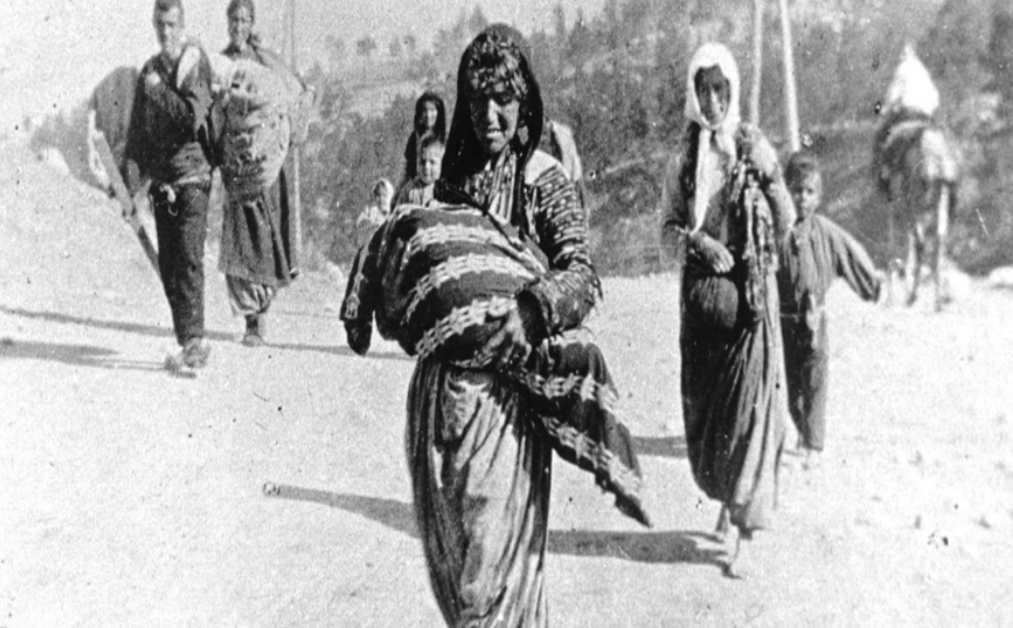The nightly news shows us in graphic detail that the lessons of the past are sadly still the lessons of today.
No one knows this better than Northern Arizona University’s criminology and criminal justice professor Alex Alvarez, whose main areas of study include collective and interpersonal violence, including homicide and genocide.
Alvarez, alongside the College of Engineering, Forestry and Natural Sciences’ senior support systems analyst Shawn Fowler, founded NAU’s Genocide Resource Project. The website is intended to provide scholars, researchers and educators with genocide and Holocaust related data that can be used for analysis and teaching related purposes.
“This is truly a passion project that is a work in progress,” Alvarez said. “So far, we’ve not only experienced a number of international researchers and educators utilizing our website, but we’ve also seen NAU students benefit from helping develop the site’s content and earn undergraduate research credit while doing so.”
A
When it is completed, The Genocide Resource Project will comprise a number of different genocide related databases and a Geographic Information System of genocide. Currently, the Der Sturmer Archives—a comprehensive archive comprised of propaganda cartoons that were featured on the front page of Nazi newspaper, Der Sturmer—are a featured project.
“In our globalized and interconnected world, genocidal events are increasingly becoming part of the political, social and economic landscape,” Alvarez said. “This means that many around the world do not have the knowledge or information necessary to make sense of these catastrophes or if resources do exist, they are hard to find. This is exactly why we founded the project.”



